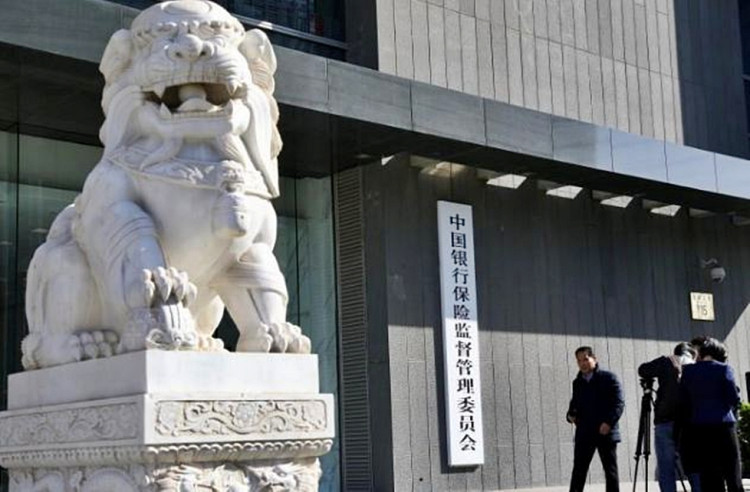China's banking sector regulator has sharply told the country's banking industry the central government in Beijing won't tolerate any further credit expansion that will severely harm the country's efforts to get growth back on track.
The warning Beijing won't continue printing money to lend lavishly to banks was delivered by Yu Xuejun, chairman of the supervisory board for key state-owned financial institutions at the China Banking and Insurance Regulatory Commission (CBRC). CBRC regulates China's $38 trillion banking industry.
Yu said the yuan remains under continuous downward pressure because the U.S. Federal Reserve (America's central bank) keeps ramping-up monetary tightening with a series of rate hikes, two more of which are expected before the year ends.
He noted the continued Fed interest rate hikes are exerting depreciation pressure on currencies like the yuan. The rate hikes also make it difficult for China's central government to allow more monetary expansion. Compounding these headwinds is that China's investment growth rate plunged to a new low of 5.5 percent from January to July. There's also the worsening trade war with Washington.
Yu reminded his audience of bankers at a financial forum in Beijing that previous economic stimuli relied heavily on investment, most especially infrastructure spending, driven by looser monetary conditions so as to ensure sufficient credit. But the unavoidable result was "excess money supply growth, the worsening of asset bubbles and a rapid increase in macroeconomic leverage."
That excess in money supply can be seen in its massive amount today. China's money supply (M2) reached $24.5 trillion in 2017, three times the level 10 years ago. Astoundingly, the 2017 level was equivalent to 200 percent of GDP.
The U.S. Fed rate hikes will worsen China's money supply situation if Beijing again resorts to monetary easing in reply. The American rate hikes have the effect of drawing foreign investments to the United States while removing it from countries such as China and other emerging markets. The slowdown in foreign direct investments negatively affects a country's growth plans by slowing down economic activity.
On Sept. 26, the Fed increased the fed funds rate by 25 basis points to 2.25 percent or a two percent increase. This was the eighth increase since the Fed began normalizing policy in December 2015 to dismantle quantitative easing. The fund's rate is the baseline for many kinds of consumer debt, savings accounts, and CD (Certificate of Deposit) rates.
Yu estimates China's banking industry will see an unwelcome jump in non-performing loans (NPLs), or bad debts within the next few years. He emphasized that the central government won't allow another round of large-scale credit expansion because it's still coping with the problems generated by previous stimulus efforts following the Great Recession of 2008.
Western economies rely on the capital market for corporate funding. This isn't the case in China where state-owned banking institutions like the "Big Four" state-owned banks extend the vast majority of credit in the domestic financial system. These state-owned banks also follow the government's directives on which sectors of the economy to support.
Yu said the previous large increase in bank credit already poses an overhanging risk to the Chinese economy and the external monetary environment has obviously changed.





